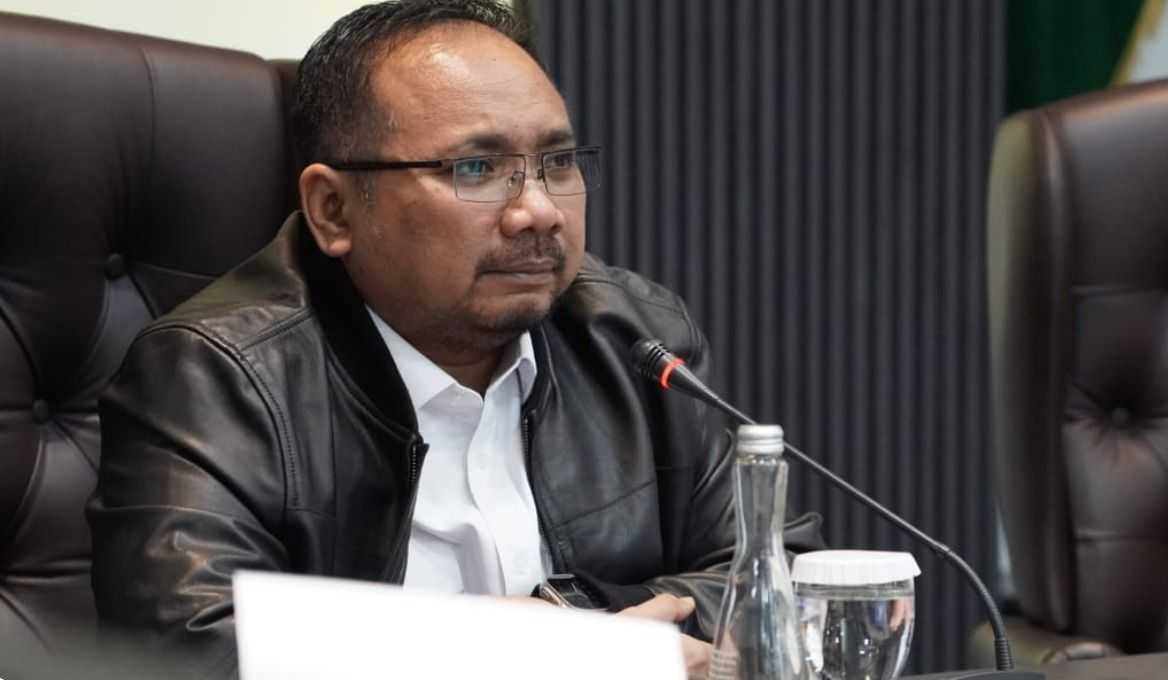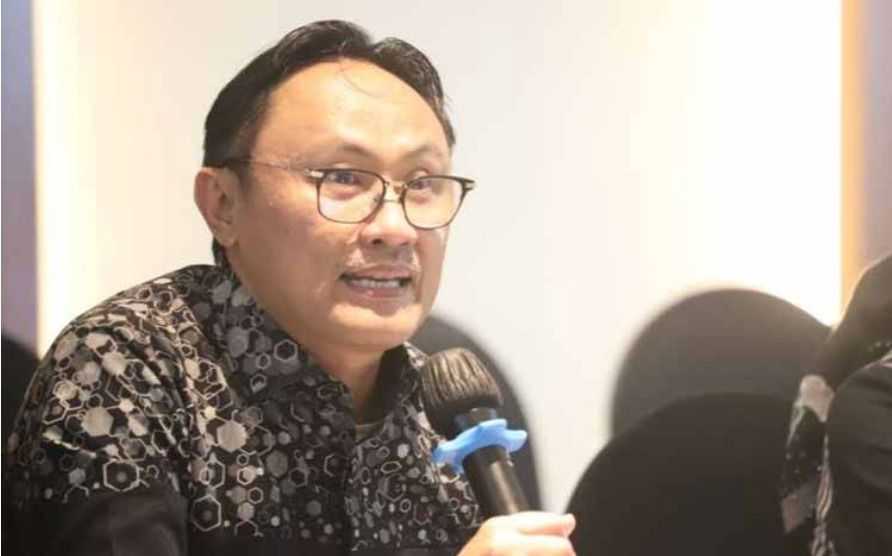Jakarta — The government decided to postpone the implementation of the halal certification obligation for food and beverage products for Micro and Small Enterprises (MSEs), from October 18, 2024 to October 2026. President Joko Widodo decided this in a closed meeting attended by a number of “Kabinet Indonesia Maju” Ministers on May 15, 2024 at the Presidential Palace, Jakarta.
“The policy of postponing the obligation to certify halal food and beverage products for MSEs is a form of the government's concern for MSE actors. Along this postponement, MSEs are given the opportunity to administer a Business Identification Number (Nomor Induk Berusaha or abbreviated as NIB) and apply for halal certification up to October 2026,” said the Minister of Religious Affairs in Jakarta, Yaqut Cholil Qoumas, on Thursday (16/5/2024).
”This decision is also to protect business actors, especially MSEs, from legal problems or administrative sanctions," he continued.
As for other than MSE products that are categorized as self-declare, for example medium and large business products, according to the Minister of Religious Affairs, the halal certification obligation will still be enforced starting from October, 2024.
The obligation for halal certification is regulated in Government Regulation (Peraturan Pemerintah/PP) No. 39 of 2021 concerning the Implementation of Halal Product Assurance. Article 140 of this regulation stipulates that the stages of the obligation of the halal certification for food products, beverages, slaughter products and slaughter services starts from 17 October 2019 to 17 October 2024.


